Reforestation as a Building Block to Community Economic Development
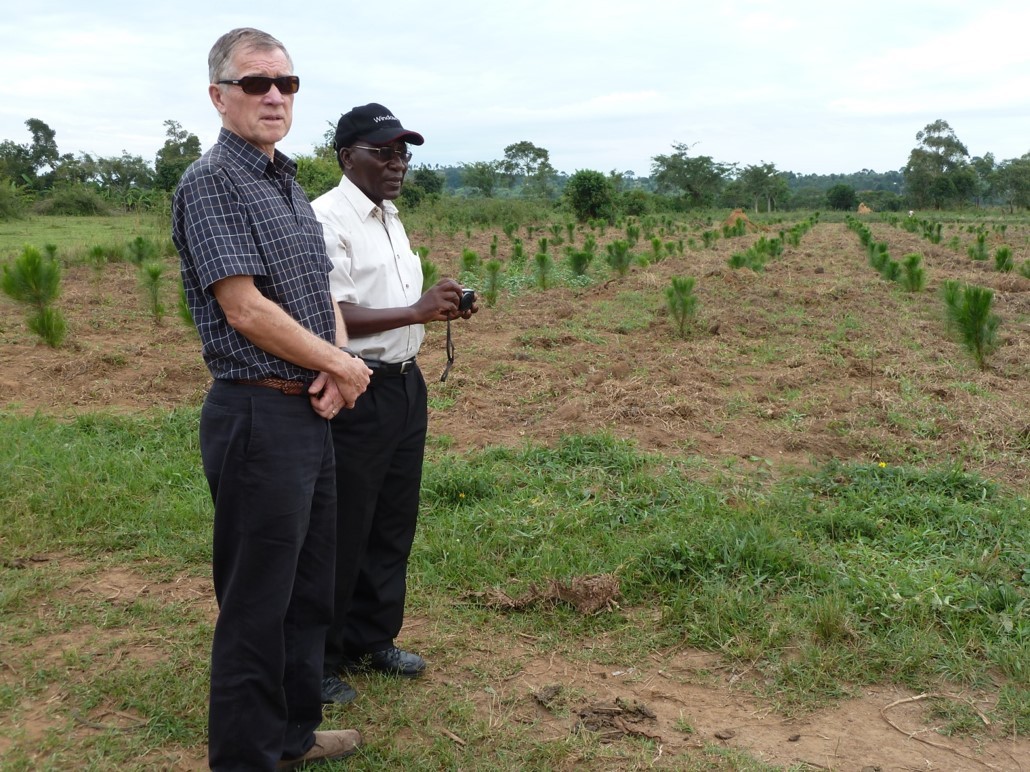
Reforestation as a Building Block to Community Economic Development
Keywords: Tree planting, Water, Sustainable economies, Carbon-neutrality, Biodiversity, Agroforestry, Ecosystems, Environmenatal Education, Agriculture – sustainable
Description
In 2008 John Mary Mpagi of the Muyenga Rotary Club of Uganda approached Peter Ackhurst of the Rotary Club of Whistler, B.C. Canada with the concept of planting 33,000 BC pine trees on 90 acres of deforested land loaned by John’s church near the village of Kibira in southern Uganda. District 5040 and Global grants were applied for, with planting in 2010. While the project was initially envisioned as just reforestation (or aforestation) it became much more and intregal to the success of subsequent projects and for helping bring the community to economic sustainabilty.
Ken Martin, Whistler Rotary Club President and his wife Anette Martin from the Whistler Millennium Club visits Kibira in November 2017. Peter Ackhurst of the Rotary Club of Whistler is pictured.
One of the keys to the project was the early establishment of a Rotary Community Corps (RCC). 100 villagers were recruited to form a legally recognized association. In exchange for managing the forest the RCC was given a 25% share of all revenues to be derived from subsequent timber harvesting. (25% for the church for use of land, 25% for the adjacent primary school and 25% for reforestation)


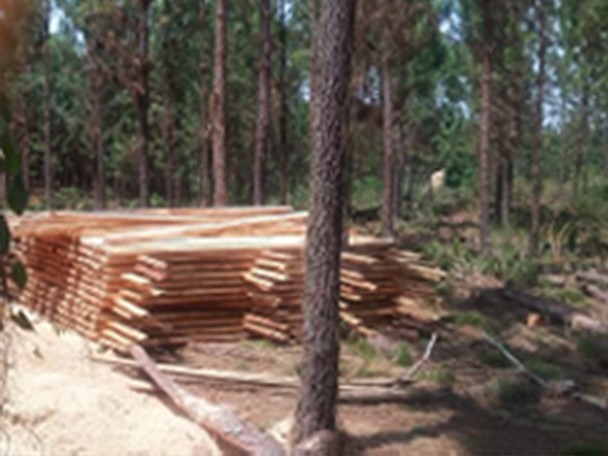
Very shortly after the pine tree forest planting, the RCC began to use space adjacent to and immediatly around the forest for revenue generating community gardens. A 2012 grant included funds for:
- Passion fruit, pine apples, tomatoes = cash crops
- Farmers cooperative = money management
- Farmer Training = expertise and capability.
- Micro credit = business capability and expertise
- School water storage and computers = reduced time collecting water from a well.
Subsequent grants in 2014 and 2017 have provided additional water collection and storage capabilities, bore holes (hand pump wells), latrines for sanitation, honey bee hives, classroom resources, and womens sanitatry napkins.
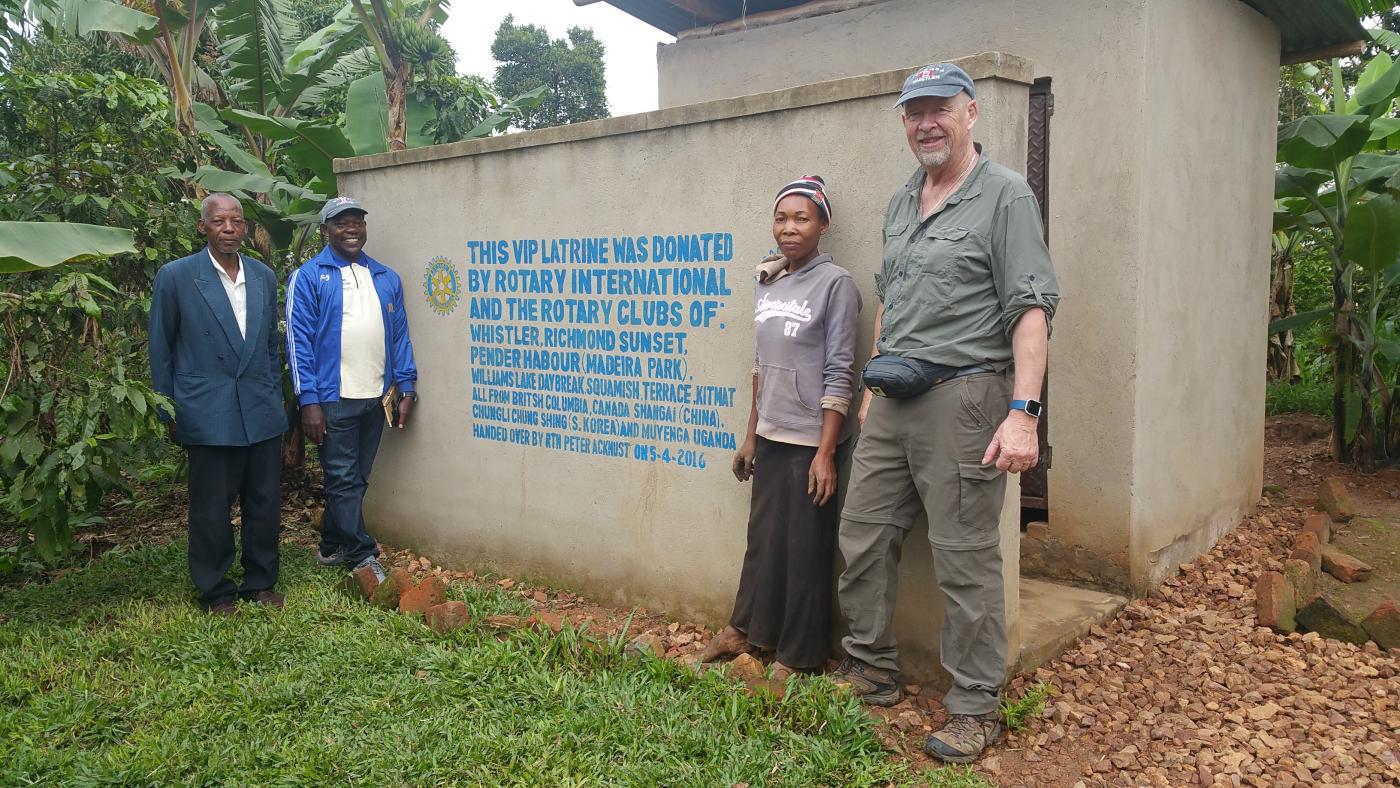
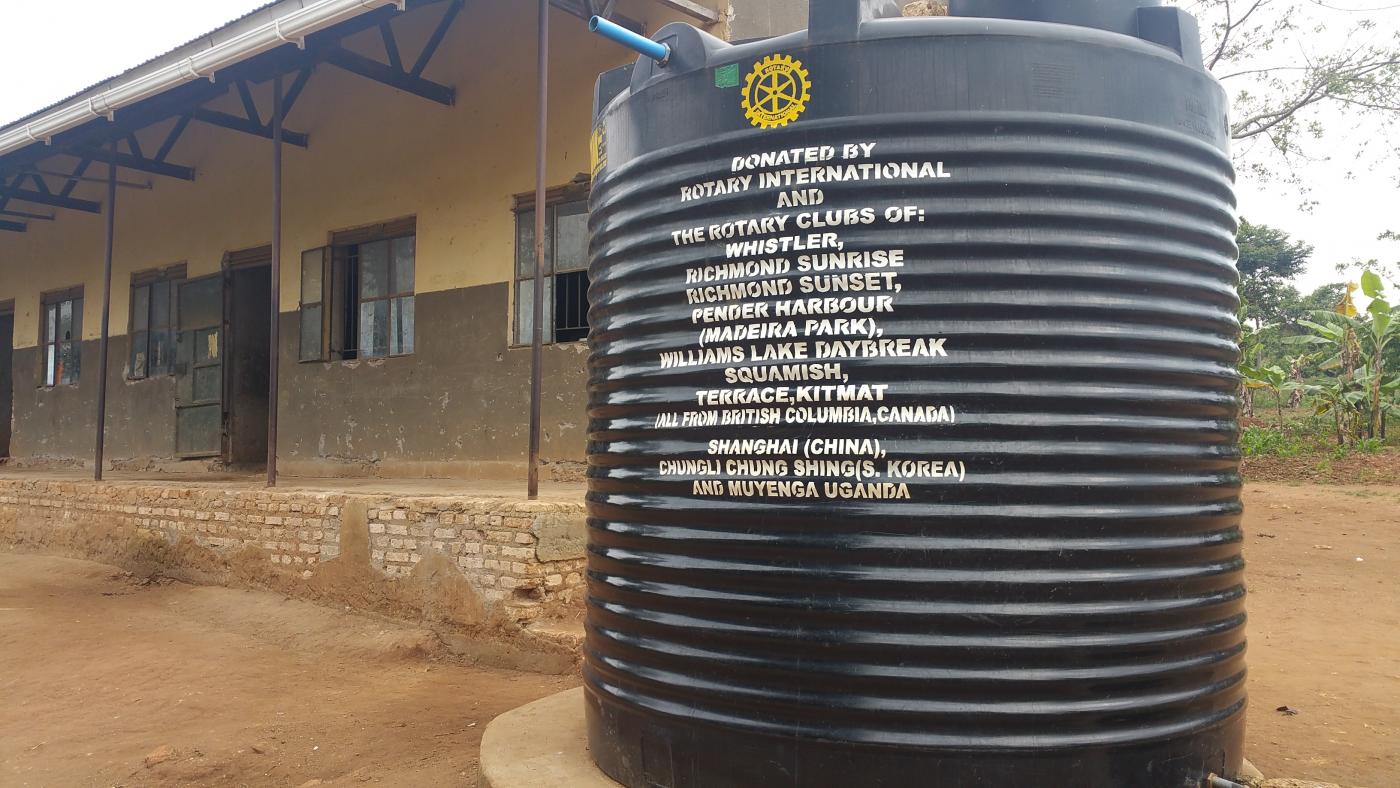
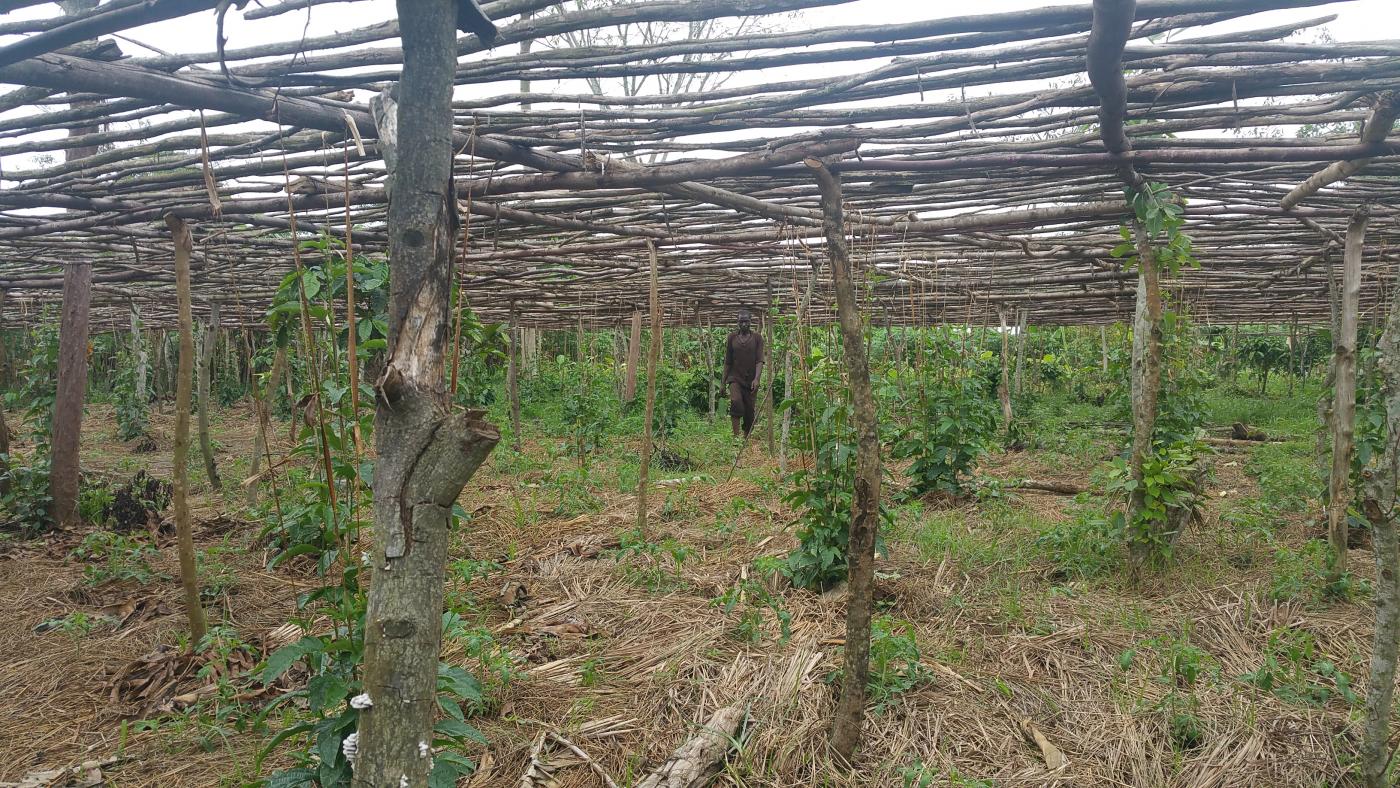
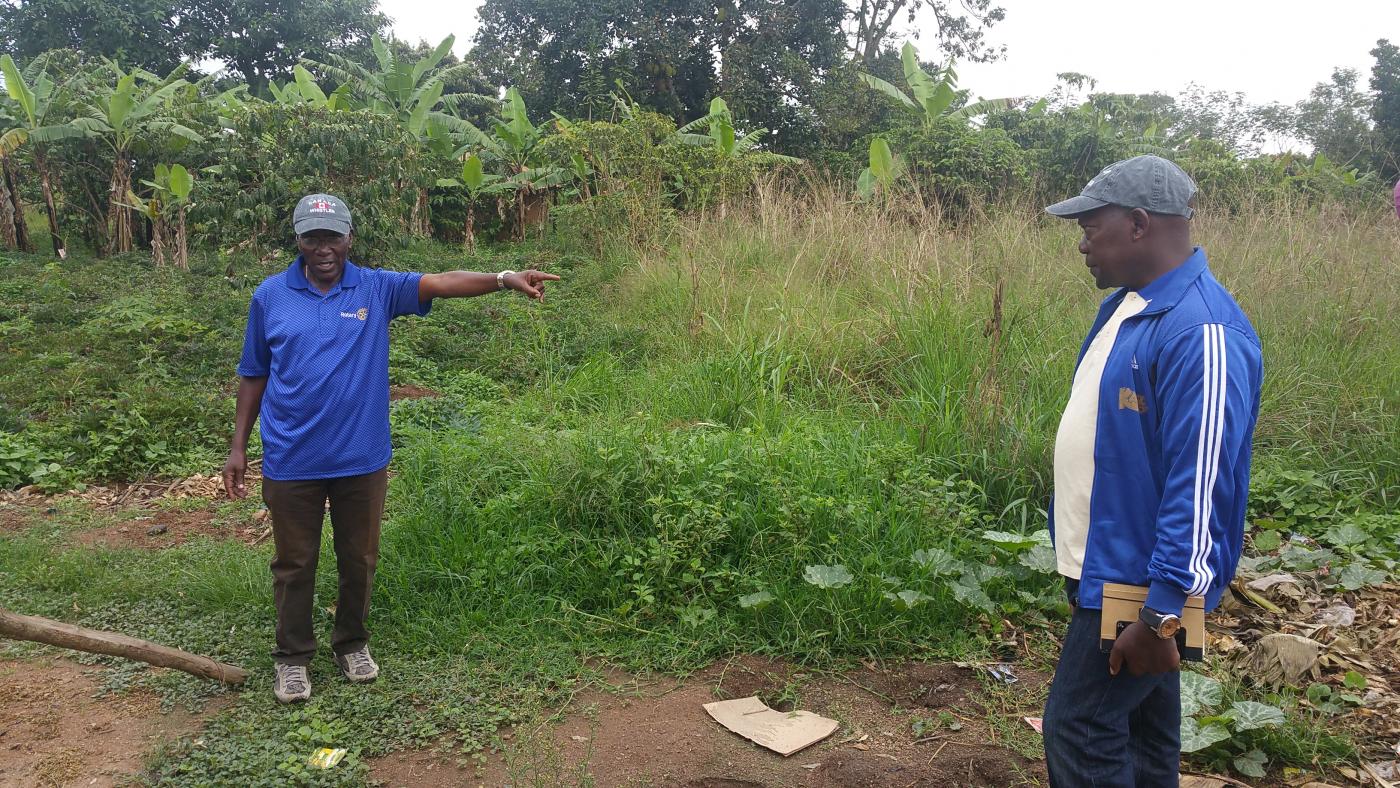
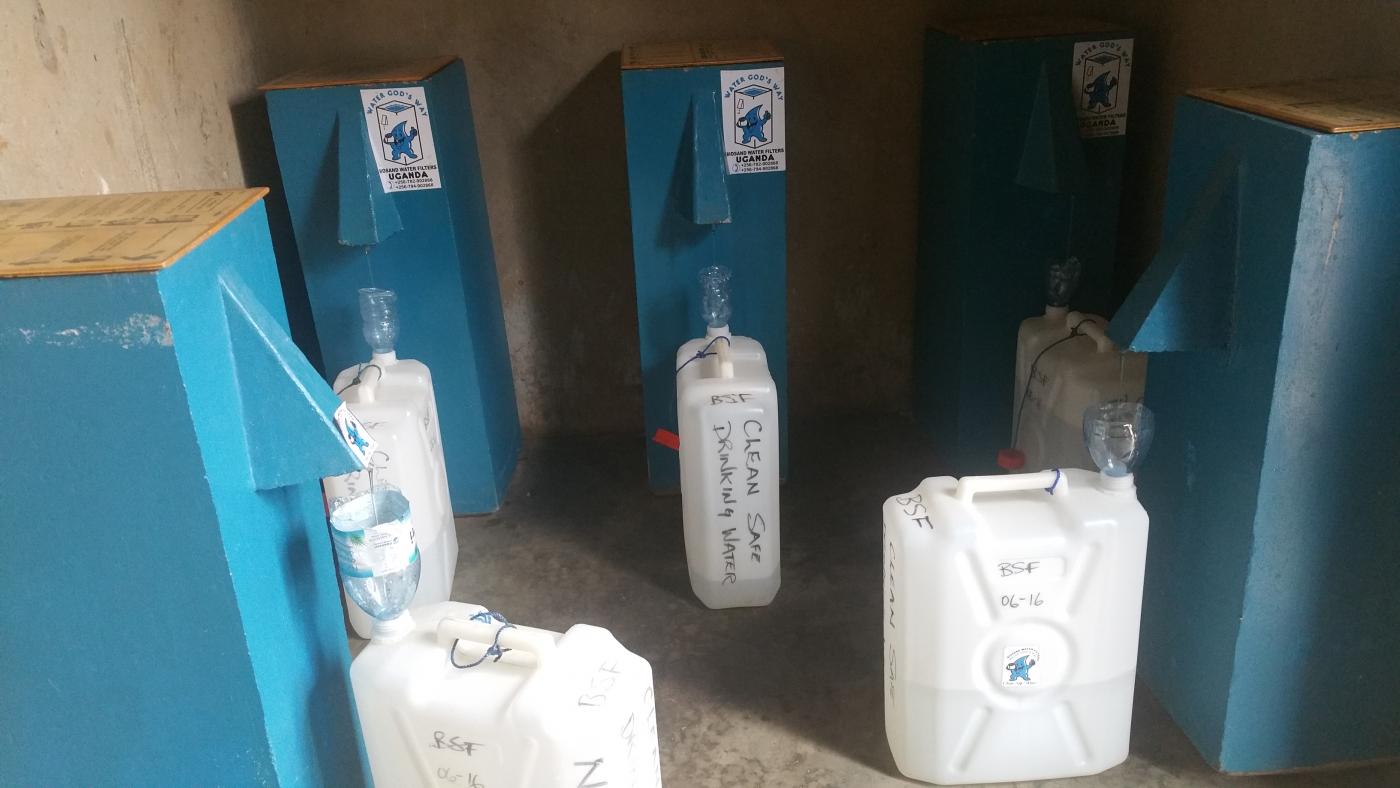
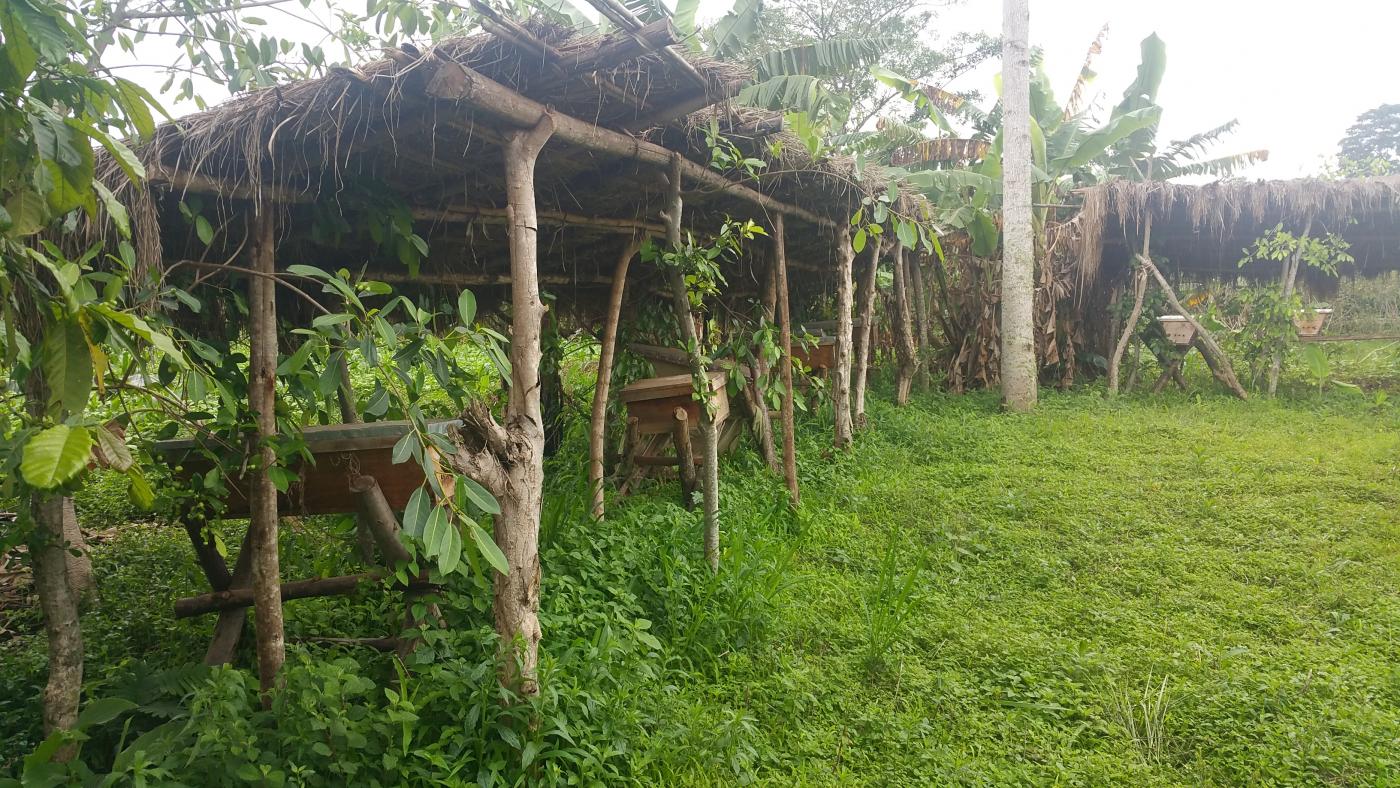
The Result
Through 4 grants spanning 7 years, and the dedicated local resource of John Mary Mgapi the village is now booming, the primary school is thriving and a new high school just opened down the road. The villagers have gone from subsistence farming to operating businesses in lumber sales, honey making, fruit and vegtable production and eggs and chicken sales.

Housing was this is 2008

And in 2017 the villagers are building these...

Shops are opening

Note the motorcyle.There were none here in 2008.
And it all started with a reforestation project.